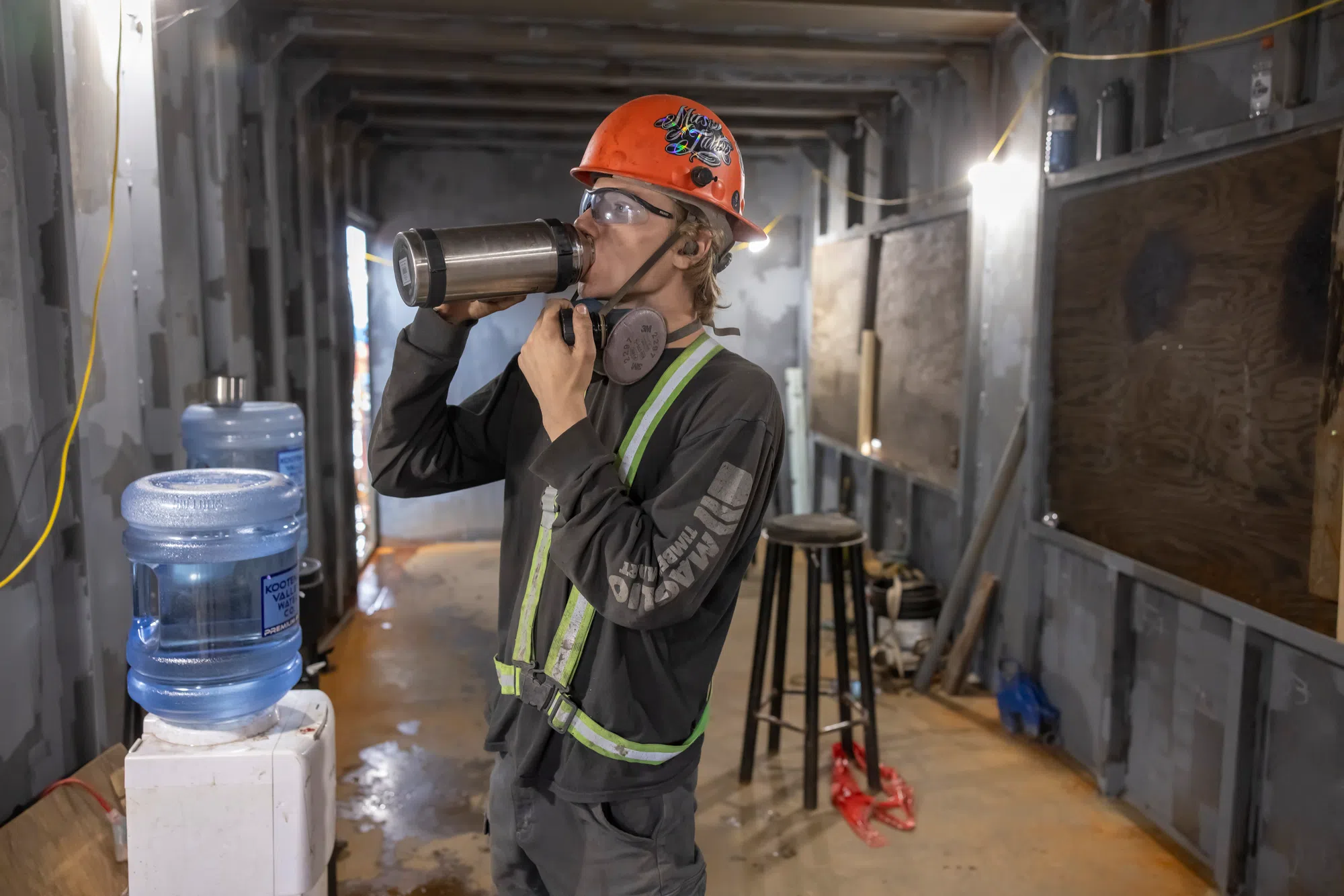With temperatures climbing across British Columbia, WorkSafeBC is reminding employers of their legal duty to protect workers from heat-related illnesses.
Heat stress can lead to serious medical conditions like heat exhaustion or heat stroke — especially for outdoor workers and those working indoors without proper ventilation or cooling.
Between 2020 and 2024, WorkSafeBC accepted 315 claims for heat-related injuries. The highest rates were reported in transportation, public works, construction, food services, and film production.
The agency stresses that employers must assess heat risks specific to their worksites. Factors such as temperature, humidity, workload, and workers’ individual health conditions all play a role.
WorkSafeBC recommends practical measures like adjusting work-rest cycles, rotating tasks, improving airflow, and providing shaded or air-conditioned areas. Employers must also ensure workers have easy access to water and that emergency procedures are in place.
Workers are encouraged to stay hydrated, wear light clothing, take breaks in cool areas, and avoid strenuous tasks during peak heat.
If the risk of heat stress cannot be controlled, WorkSafeBC advises that work should be paused until it is safe to continue.
For more information, or to report concerns, contact the WorkSafeBC Prevention Information Line at 1-888-621-7233.
Resources and multilingual guides are available at worksafebc.com.




